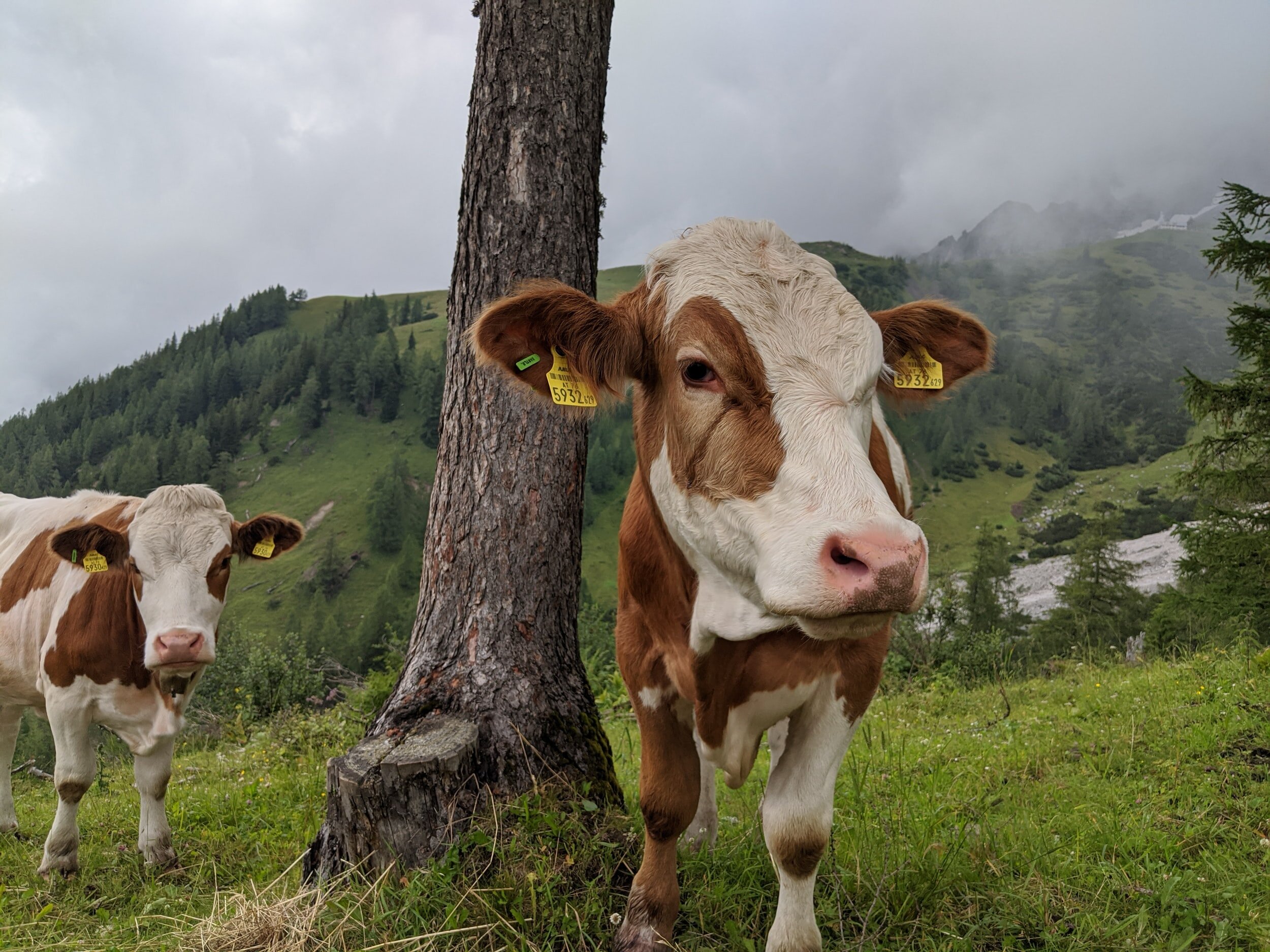
Don’t Mock Mock Meat
Why Vegetarians and Vegans Want Imitation Products
“If you want something that tastes like meat, why don’t you just eat the real thing?”
This is a question vegetarians and vegans are asked quite often. Usually they encounter this query as they’re hoovering down a juicy Beyond Meat burger or frothing over how real the crispy mock duck pancakes are, so it’s a fair enough question. The answer is pretty straightforward – most of us don’t dislike the food itself. It is the consequences of producing and ingesting animal products that we dislike.
The majority of vegos weren’t raised in plant-based households. We grew up with Nan’s special Bolognese sauce, Dad flipping steaks on the BBQ, and Mum’s epic Sunday Roasts. Then, with the rise of information sharing, we learned about the ramifications of creating some of the ingredients. Whatever it was that grabbed our attention first, whether animal exploitation, environmental impacts, or the link to disease, we chose to opt-out of eating animals.
But just because some of us opted out of the “traditional” version, does this mean we hate Bolognese, BBQs, or Sunday roasts? Of course not. Do we want a cruelty-free, more sustainable alternative that tastes similar? Yes, yes. A thousand times yes.
Beyond Meat – Spaghetti and meatballs
On a side note, we are not speaking on behalf of all vegos here. There are plenty of vegetarians and vegans who choose not to eat faux products at all. Some don’t like the closeness of the texture and flavour to the “real deal”. Others steer clear for health reasons, preferring a whole food plant-based diet with little to no processed foods.
A “Fad” for Over 1,000 Years
With an abundance of faux options popping up in major supermarket chains, it’s easy to understand why imitation products are seen as a fad of recent times. As pointed out by author and Chinese food expert Fuchsia Dunlop, plant-based foods have been used to mimic meat for hundreds of years in China. As far back as the Tang dynasty (AD618-907), there were animal-free “pork” and “mutton” dishes being served. As the popularity of fake meat has only recently exploded in the Western realm, so to has the suspicion surrounding their ingredients and production.
Interestingly, consumers don’t seem to interrogate animal products in the same way. No one seems to question how we turn animals into gelatin and then into lollies, every time someone busts out a packet of marshmallows or jellybeans. And when eggs are mentioned, no one interjects with how unnatural it is that chickens have been manipulated to lay almost an egg a day, when their predecessors laid just 10-15 a year. If you mention your “steak” is made from pea and soy proteins, however, you get some very perplexed looks.
Whole Foods are Still Numero Uno
We are certainly not claiming that substituting meat for mock-meat automatically makes a meal healthier. Although imitation meats tend to be high in protein and lower in fat, they are often heavily processed (a lot of meat products are heavily processed, too). For this reason, they should be enjoyed as transition foods, or to satisfy cravings for your all-time favourite dishes. Undeniably, whole foods such as veggies, fruit, beans, nuts, grains, and seeds, should make up the majority of a healthy, balanced diet.
Why Not Give Faux a Go?
If you want to give mock meat a go, know that you don’t need to be lumped into the vegan, yuppie, or hippie categories to buy plant-based burger patties. Anyone can dabble in the world of alternative meats, whether it is to enhance Meat-Free Mondays, or extend to Meat-Free Everydays! Simply reach for Beyond Meat, Quorn, Herb & Sons, or Vegie Delights next time you pop to the shops.
For an itemized, and printable, shopping list of popular alternatives head to Animal Free Grocery Shopping. What’s your favourite dish that you’ve veganised using faux meat? Let us know in the comments!


